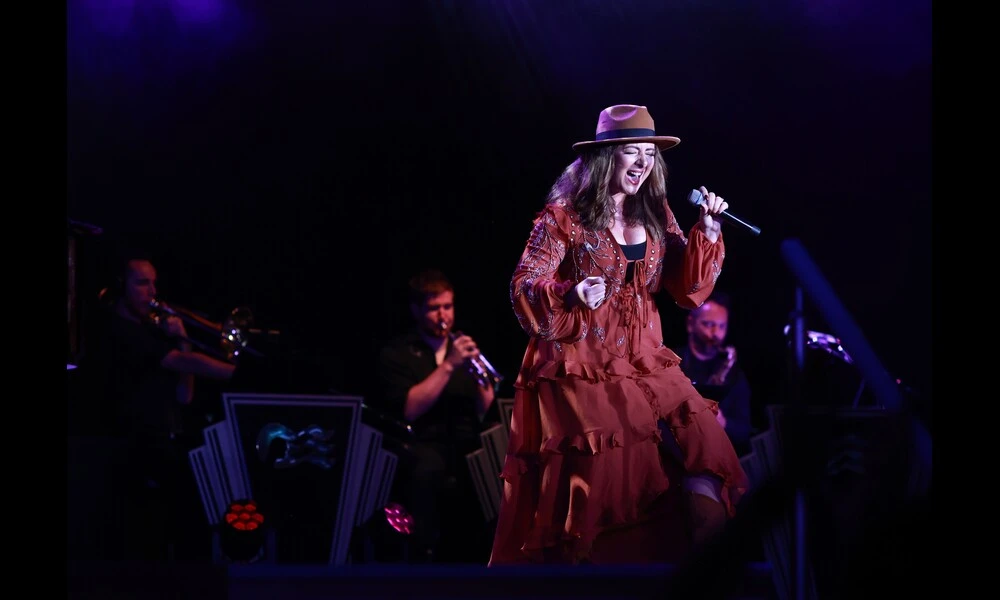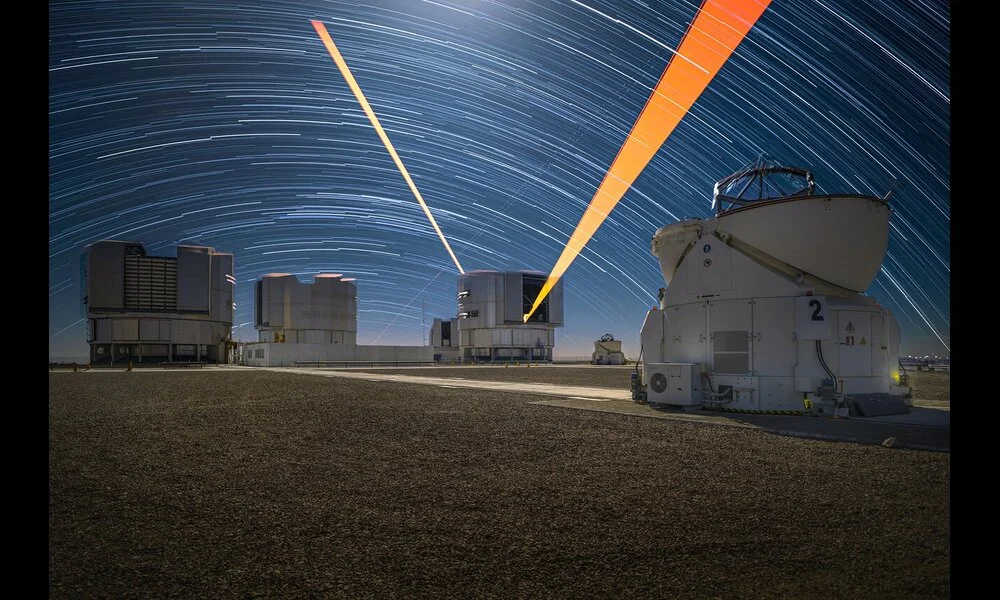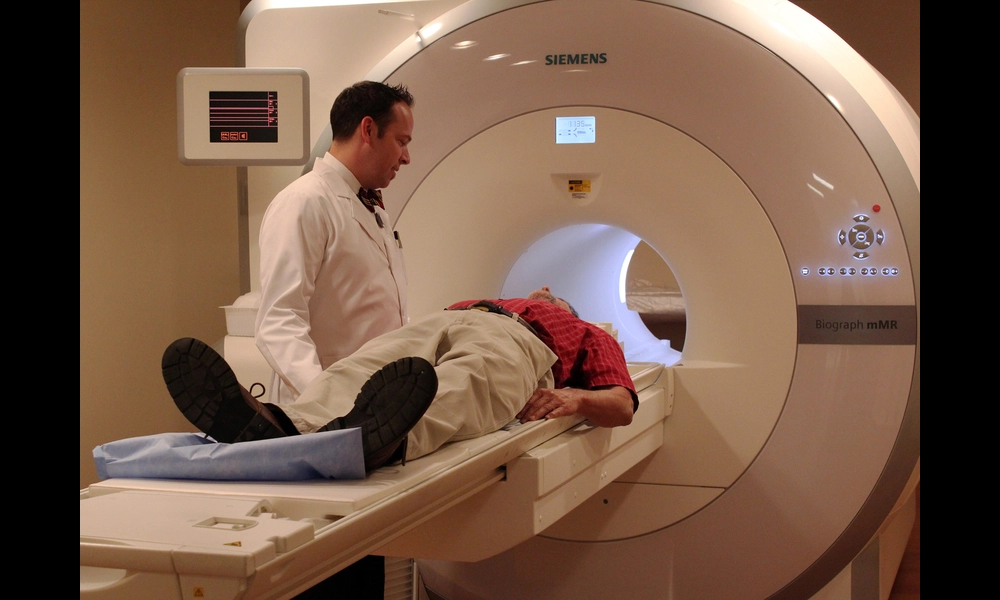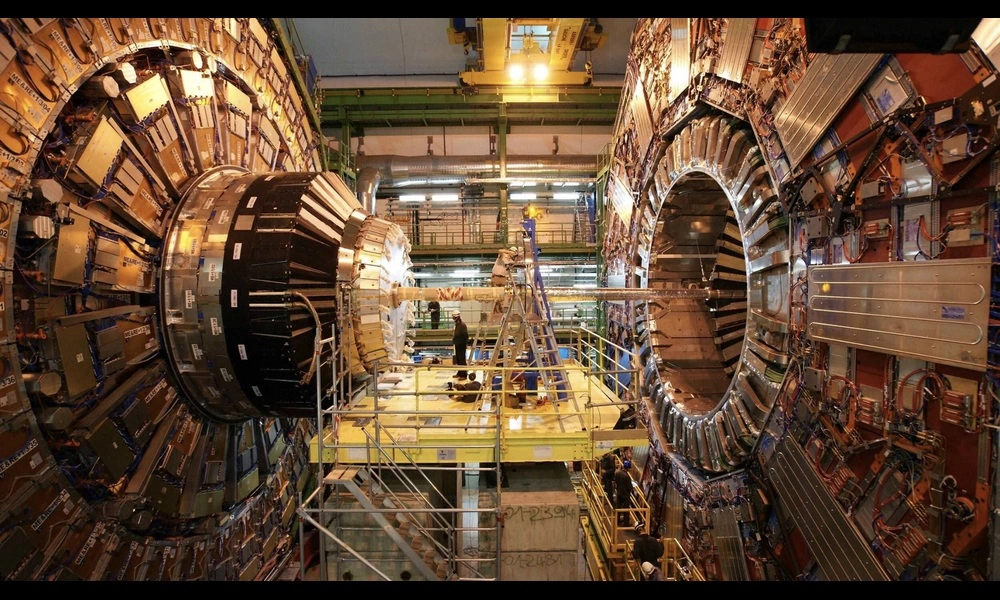New, Open Source AI Recognizes Singers' Voices
Published on Thu Jan 11 2024 Shellyann Evans | Daniel/Dan Eidsmoe on Flickr
Shellyann Evans | Daniel/Dan Eidsmoe on FlickrImagine a world where a computer can not just recognize the words of a song, but also the unique voice belting them out – as unmistakably identifiable as your best friend calling your name across a crowded room. This futuristic scenario is edging closer to reality, thanks to a new study by researchers in France, who have unveiled a framework for machines to learn the nuanced identity of a singer's voice.
The voice is a complex instrument, and unpicking its individual timbre from a sea of other voices has, up until now, been a challenge AI has yet to fully conquer. Speech data has seen some success, but singing, with its dynamic range and emotional expression, remained a difficult melody for machines to follow. The fresh research advances self-supervised techniques, which teach computers to distinguish singing voices without explicit human annotation, using a substantial library of isolated vocal tracks.
For anyone who loves music, this research is a harmony of technology and art. By mastering the representation learning of a singer's identity, machines could enable us to find songs with similar vocal sounds, revolutionize voice synthesis, and even transform one singer's performance into another's voice. The implications are thrilling; a world where synthesizing a duet between your favorite artists, regardless of the era or genre, could be a mere click away.
The study methodically tested various self-supervised learning strategies, striving to create digital fingerprints of the artists that remain unaffected by changes in pitch, lyrics, or background music. These embeddings were put through rigorous testing, showing exceptional promise in not only scaling the peak of pitch-perfect recognition but also generalizing their knowledge across different datasets and musical domains.
Besides, it’s not just the researchers who can riff on these findings. The team has generously made their code and pre-trained models publicly available, offering a veritable playground for further research. This move could be the prelude to a crescendo of innovations, opening up new verses in the evolution of AI in music.
In short, the self-supervised approaches proposed by Torres and colleagues could resonate profoundly with the future of how we interact with, create, and understand music. With technology that sings to the tune of human voices, the next hit song you stumble across on a streaming service may well be suggested by an AI that knows your taste in voices as well as you do.
Project website and open source code: sites.google.com/view/singer-representation-learning



